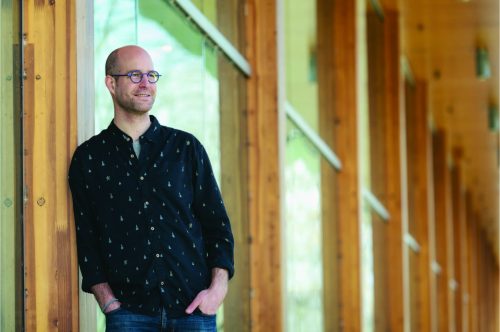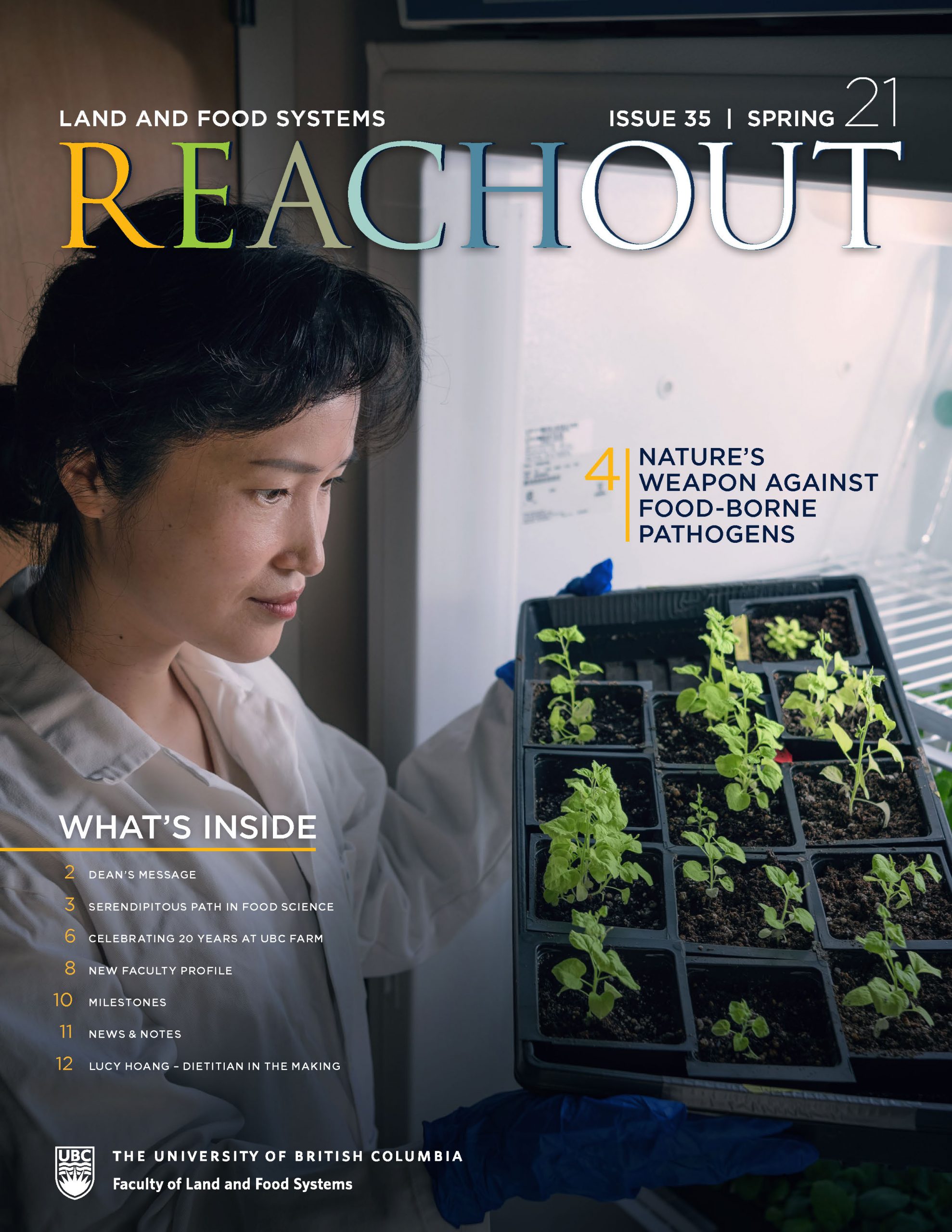New Faculty Profile: Jean-Thomas Cornelis
Jean-Thomas Cornelis joined the Faculty’s Applied Biology program in February 2021 as an Assistant Professor. He came from Belgium’s University of Liège where he was an Assistant Professor in soil science.
Cornelis has set up the SoilRes3 Lab, which stands for Soil Resistance, Resilience, and Restoration. A biogeochemist and pedologist, Cornelis’s research program studies the interaction between soil processes and biogeochemical cycling of elements in environments affected by natural and human induced changes.
“The goal of the SoilRes3 lab’s research is to try to understand how environmental factors drive intertwined soil physico chemical and biological processes and the resulting properties of soil,” says Cornelis.
A large amount of the research activity takes place in fields, where Cornelis can study soil sequences in natural circumstances. Out there, he can understand the soil processes and soil-plant feedback interactions through isolated factors such as climate, land use and age gradients.
When bringing samples into the lab, he can shift to the micro-scale. “With experimentation on the samples, we’re able to study the interactions between minerals, organic matter, roots and microorganisms in the soil. And because of experimenting under controlled conditions, we have direct control over the understanding of biota-mediated processes involved in nutrient mobility.”
Originally from Belgium, he received his MSc and PhD from the Earth and Life Institute at Université catholique de Louvain. He was later a postdoctoral research fellow at UBC, in a collaborative position with LFS and the Department of Earth, Ocean and Atmospheric Sciences, applying geochemical and isotopic tracers in the soil science field.
“Soil-related challenges are enormous and pressing, and not something that can be passed on to future generations. And since soils are multi-disciplinary by nature, I believe the answer to building their resistance and resilience will require multiscale and interdisciplinary approaches. The Faculty of Land and Food Systems is well positioned for this, as I have colleagues who are microbiologists, plant scientists and food chemists that bring a unique perspective.”
Cornelis hopes the lab’s findings will benefit agricultural systems. “Plants in natural ecosystems develop very specific strategies to get the nutrients they need from the soil. If we can translate this knowledge to agricultural systems, we can increase the resistance and resilience of soil-plant systems while decreasing human-induced pressures on the environment.”

